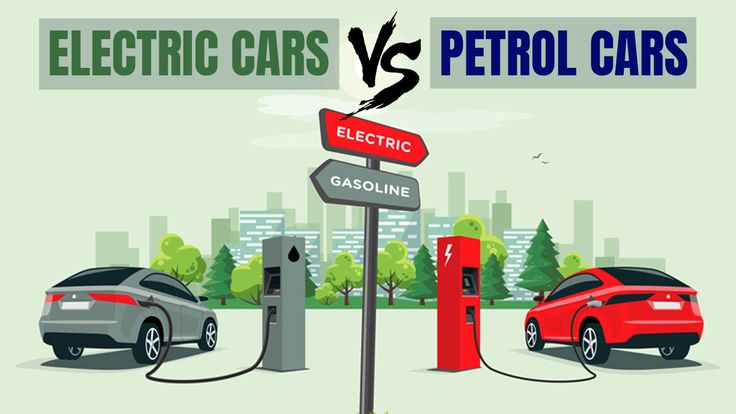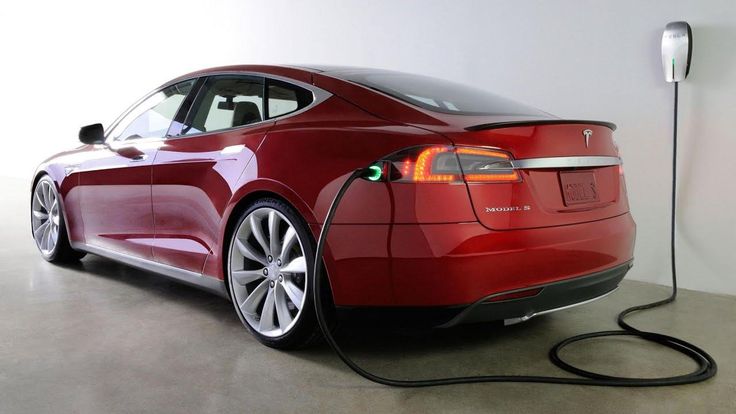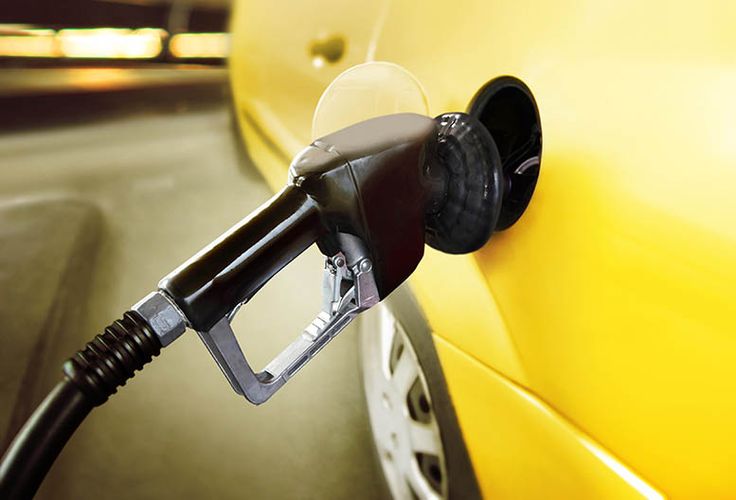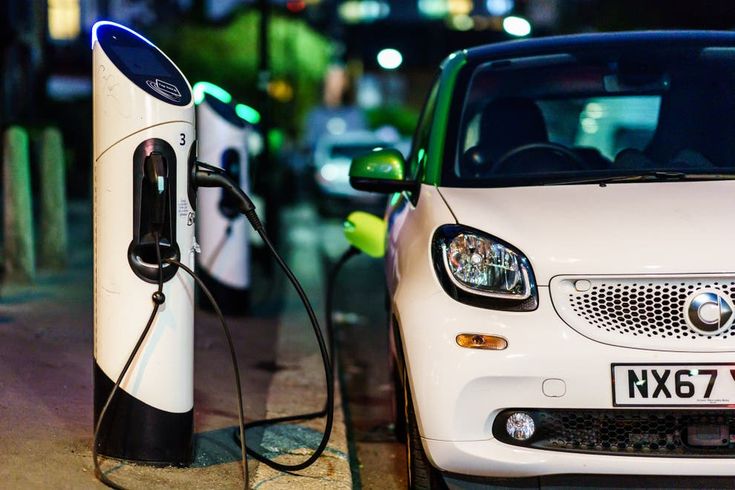Today the market offers several types of cars, depending on the fuel used: gasoline, diesel, alternative (electric, propane, methanol, etc.). Gasoline-powered vehicles have long been a staple of the automotive industry, and most car owners are not yet ready to give up this type of car. Because they have a wide variety of models and are much more affordable, although they pollute the environment.
But with the advent of electric cars, the two types of transport have begun to compete with each other. To choose a good and reliable car it is necessary to pay attention to the price, reliability, cost of maintenance, safety, and other important factors. This will help to draw the right conclusions and make a decision about the purchase.

Contents
The Advantages Of Electric Cars
The electric vehicle is a much more environmentally friendly mode of transportation than its gasoline counterpart. It produces no emissions into the atmosphere and does not reduce the amount of the planet’s non-renewable resources.
In large cities, it is much more comfortable to live with an electric vehicle. Because it provides less noise, and only the sounds of the wheels on the road will be heard in the cabin. In addition, electric cars can gain speed faster, which makes driving more dynamic and comfortable.
Electric cars provide maximum traffic safety as they are equipped with modern systems to protect the driver and passengers. The center of gravity is shifted down where the battery is. Because of this, electric cars are less likely to roll over and are better controlled during sharp maneuvers. In addition, this type of transport becomes safer in operation. Since its fire and explosion hazard is minimized.
Since electricity is several times cheaper than fuel for cars, the financial savings for the driver are obvious. The cost of service and repair of electric vehicles is also lower – they have fewer moving parts, as well as lower pressure on the motor.
The Tesla car brand has taken a special place in the electric car market. These cars have already firmly established their position and have won their audience.
To attract attention and confirm Tesla’s image, Musk is great at earning innovation capital. For example, he writes on Instagram that the Roadster will have a dozen small rocket boosters. This increases impressions and makes various opinion leaders, who increase their ratings, buy Instagram followers and ads, talk about the company and create buzz.

The Disadvantages Of Electric Cars
At the moment, the cost of electric vehicles is still higher than the cost of conventional cars. And their price range is very wide – such automobiles cost from 33,000 euros to 185,000 euros.
The time it takes to charge an electric car depends on the battery capacity, the strength of the available electric current, and the configuration of the charging point. If you plug the electric automobile into a simple electrical outlet, it will charge slowly – the process can last up to 12 hours, while public charging stations can charge up to 80% of the motor volume in just 20-40 minutes.
This is fast but much longer than it would take to pour gasoline fuel into the car tank. Ideally, the battery of an electric automobile should be charged at night, when the electricity tariff is low and charging is quite cheap.
Among other things, batteries lose their charge very quickly and require constant recharging. Most of the battery energy is spent not on driving, but on heating / cooling the car, etc.
Electric cars have an increased sensitivity to air temperature. Studies show that at 5° the battery capacity decreases by 20%, at -5° – by 35-40%, and at -12° – by 50%.
The air conditioner and heater are battery-powered. By switching them on, you reduce the power reserve by another 20-25 %. Partially the problem can be solved by the installation of an autonomous heater on gasoline or diesel fuel, but then there will be an additional source of costs.
>> Read more: Buying an Electric Car? Learn All the Basics
Pros And Cons Of Gasoline Cars
Compared to electric cars, cars with a gasoline engine are presented in a wider range. There are a huge number of models in different designs and with different prices. They are popular because they can be purchased cheaply. A gasoline engine is much cheaper than an electric one.
It is the cheapest option when buying a new car as well as a used one. In terms of efficiency, typical gasoline cars are the least profitable: gasoline is the most expensive fuel, and gasoline engines are the most resource-intensive. Moreover, there is a need for regular replacement of consumables: spark plugs, filters, oil, etc.
On the other hand, many engines, which consume gasoline, accelerate quickly and have good dynamic qualities. Gasoline cars have a simple heating system, which does not load the battery and internal systems much. Heating takes a minimum amount of time compared to the electric automobile heater.
For owners of gasoline cars, comfort conditions are ease of maintenance, high availability, speed of refueling, as well as greater range. One refueling is enough for 500-600 km.
Gasoline cars today, against the background of the constant rise in fuel prices, as well as due to the bad environmental situation in the world, gradually become less in demand. Many countries adopt programs to stimulate demand for hybrid cars, as they are quite economical.

Specifics Of Hybrid Cars
Now, many Influencers in the digital space actively follow trends and new technologies. They regularly invest in advertising, buy real Instagram followers, constantly strengthen their positioning and work on their reputation. So they provide the best solutions for their audience. Recently, bloggers share their experiences with hybrid cars. These cars are designed to create a transitional phase between conventional and electric vehicles.
These cars have more than one motor and blend the ability to run on electricity and use fuel more efficiently. The car is driven by a small gasoline engine and when additional power is needed, an electric one is connected. As a result, fuel consumption in hybrid vehicles is lower than in conventional automobiles, and they consume 25% less gasoline.
By consuming gasoline more economically, they thereby increase their mileage and go without refueling for longer. A country road with a lack of electric stations will not become an insoluble problem, because long distances can be overcome on gasoline and there is no need to look for a charging outlet along the way.
When driving at low speeds, hybrid cars use an electric motor, which reduces emissions to zero. This is important for big cities, where traffic jams occur every day during rush hours. On the other hand, the design of hybrid vehicles is much more complex. So it requires a special approach, more expensive maintenance, and repairs.
To sum up, the future of vehicles will be electric. This means that we can expect gradual reductions in the price of electric automobiles and increasingly shorter charging times. Electric vehicles will be the first to be equipped with next-generation automation and safety features. Making driving even easier, more convenient, and, most importantly, safer.
>> Related post: Hybrid vs. Gas Fuels Cars – Which is Best for You?



